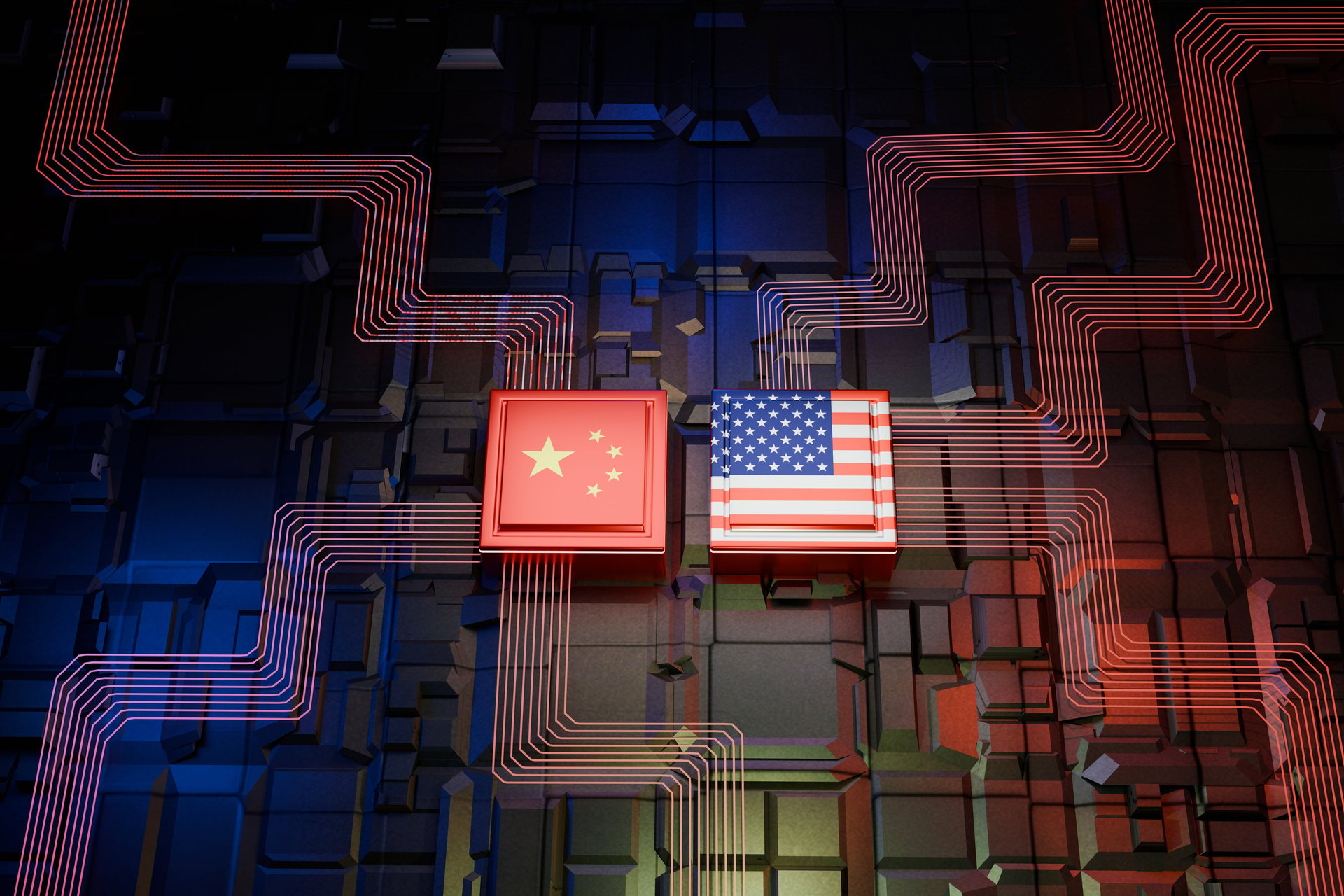U.S. will reportedly exempt some allies from trade rule aimed at Chinese chipmakers
The U.S. is planning to expand the Foreign Direct Product Rule to prevent chip exports to China, Reuters reported

The U.S. is reportedly planning to impose its toughest trade restriction to prevent Chinese chipmakers from receiving equipment — but some allies will be exempt.
Suggested Reading
The Biden administration is planning to expand the foreign-direct product rule next month in an effort to stop some countries from exporting chip manufacturing equipment to China, Reuters reported, citing unnamed people familiar with the matter. The rule does not allow the export of any good to any country if it is manufactured with a certain percentage of U.S. intellectual property components. However, shipments from over 30 allies including Japan, the Netherlands, and South Korea, will be exempt, Reuters reported. Taiwan, Singapore, Malaysia, Israel, and other places would reportedly be impacted by the rule, which is still in draft form.
Related Content
The expanded rule would reportedly lower the percentage of components that determine if U.S. export controls can be used. The U.S. is also reportedly planning to add around 120 Chinese companies to its trade blacklist.
China’s foreign ministry spokesperson Lin Jian told Reuters the U.S.’s move to “coerce other countries into suppressing China’s semiconductor industry” would hurt trade and the countries involved. “Containment and suppression cannot stop China’s development, but will only enhance China’s determination and ability to develop its scientific and technological self-reliance,” Lin added.
“The U.S. Department of Commerce is continually assessing the evolving threat environment and updating our export controls, as necessary, to protect U.S. national security and safeguard our technological ecosystem,” a department spokesperson said in a statement shared with Quartz. “We remain committed to working closely with our allies who share our values.”
Earlier this month, the U.S. was reportedly weighing imposing the rule which would impact companies such as Netherlands-based chip equipment-maker ASML and Japan’s Tokyo Electron. However, U.S. allies don’t feel compelled to implement restrictions with the upcoming U.S. presidential election, and U.S. companies feel unfairly squeezed by the export controls, Bloomberg reported.
Some U.S. companies, including chip equipment-makers Applied Materials and Lam Research, have reportedly told U.S. officials that current trade restrictions are hurting them and not as effective against China. The chip industry is instead suggesting the U.S. expand criteria for its unverified list, which requires companies to have a license to sell restricted items.
Shares of ASML rose 10% while Tokyo Electron closed over 7% higher after the report about allies being exempt from the rule. Both saw their stock fall along with other chipmakers’ after the initial report about the Biden administration’s consideration of the trade rule.
